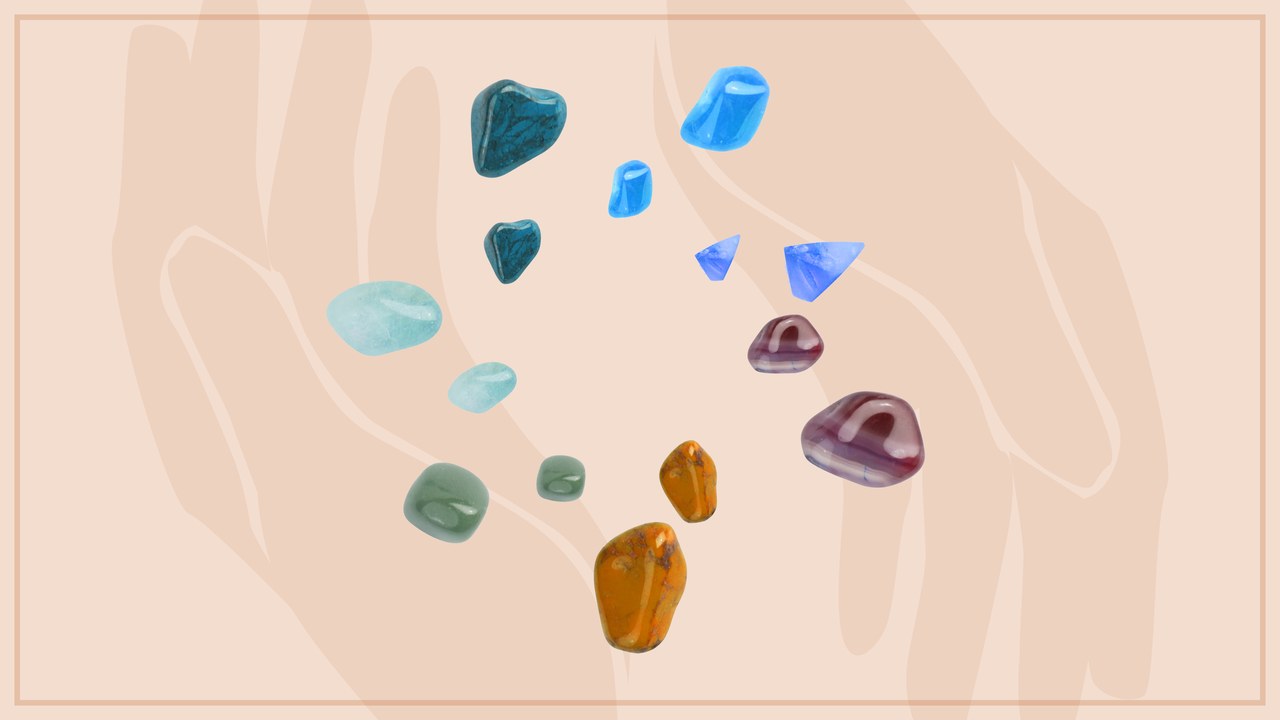‘Reiki Helped Me Heal from the Trauma of Sexual Assault’

Trigger Warning: This article contains descriptions of sexual trauma.
I’ve recently become one of those people who is into reiki—aka “energy healing,” a form of alternative medicine. This is a complete shock to me—I generally raise my eyebrows at mentions of “chakras” and “attuning”—but I’m now that girl. Whenever it comes up in conversation that I’ve not only tried reiki but actually find it really powerful, I tend to get one of two responses (both of which involve raised eyebrows). Version one goes, “Oh, I’ve always been interested in trying that!” Version two goes, “Oh, wow,” accompanied by a studious sip of a drink.
I first encountered reiki two years ago—about nine and a half years after I was raped at a party. I didn’t tell anyone because I didn’t realize that’s what it was (I told myself it was my fault for drinking underage, for going to his room). I chalked it up to a Bad Night.
For seven years, I didn’t think about it much until it hit me while getting sunburned on a beach in Málaga: Of course it was rape; I had just been conditioned to see it otherwise.
This was right before the start of #MeToo in late 2017, and as the movement rose like a tidal wave, its presence was constant in my life: In my weekend work editing and writing, in group messages with friends, on the news screens in the subway as I rode to yoga. It felt like something real, something wild, was happening. But the rape, something I had thought about only occasionally for all that time, suddenly began to persistently haunt my thoughts—always pacing, waiting for a vulnerable, split-second lull to barge in. And when it did, it took up the room.
Yoga, which I once looked forward to as a way to slow down my thoughts, devolved during this time into a game of roulette: Either I would find peace during the vinyasa flows or deep yin sequences, my mind swaddled in calm—or frames from the Bad Night and the morning after would replay, visual and emotional impressions looping like a nightmare GIF. Once, I had a panic attack; a few times, I cried.
I did think about seeing a therapist several times throughout 2018, but I always found an excuse not to: I was tending to a fledgling start-up I co-founded, I was trying to build a travel writing career, I was navigating a long-distance open relationship. I just didn’t have the energy to figure out finding a therapist in a foreign country (I live in Germany)—and my insurance, very much basic-need coverage at the time, wouldn’t have covered it anyway.
A year and a half later, I and my mental defenses were worn down. Thoughts about my assault were breaking through more and more often, to the point where the traumatic memory GIF was an almost-constant presence in the back of my head. I felt drawn out. So I booked a week-long yoga retreat in Thailand. I told friends and family I was taking a social media-free vacation, doing yoga, reading a Kindle-pile of books, and drinking gin on the beach. Privately I was also intent on an exorcism of the trauma. I was hoping that by putting myself through six days of yoga, I’d somehow have a breakthrough, whatever that looked like. I signed up for yoga and pilates classes, and on a whim, a reiki session.
What Is Reiki?
Reiki is a Japanese “energy healing” practice. During a reiki session, a practitioner stands around you, hovering their hands over you and sometimes placing them gently on you. I was skeptical but I figured it was worth a try.





